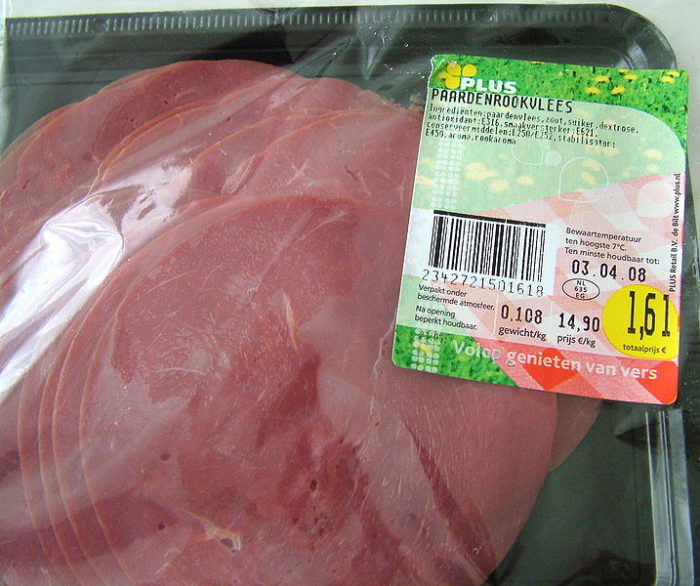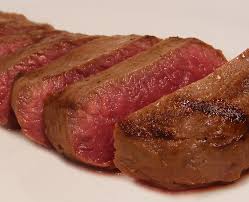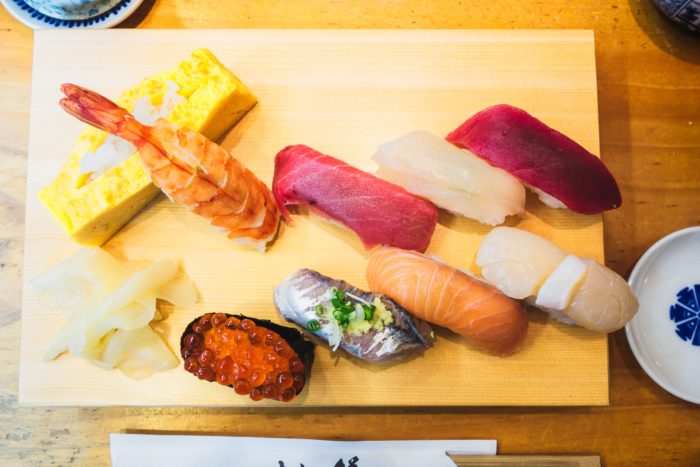By Mayra Miranda
Imagine this scenario. You’ve gone to an exotic restaurant and ordered a bizarre new dish. You finished it and even lick the plate. You ask the waiter what was the secret ingredient of this dish. The waiter responds that it contained well-seasoned dog meat. A majority of American people would be appalled by this. However, if the secret ingredient of the dish had been cow flesh, would it be more appetizing? Why or why not?
To address your plausible reaction, first I should introduce you to what is acceptable to eat in other cultures. People from China, South Korea, Vietnam, Taiwan and Nigeria view dogmeat as normal, natural and necessary. It is part of their culture. People in other countries such as America and Canada view dogmeat as atrocious, repulsive and unacceptable because most Western cultures view dogs as beloved companions and pets as opposed to food. Another example is how Jewish religious traditions dictate which animals to eat or not to eat. They nominate approved food animals as “kosher” meat. Orthodox Jews must not consume pig flesh or horse flesh, but are allowed to consume cow flesh, goat flesh, etc. In another example to demonstrate my point, devout Hindus refuse to eat beef and Indian religious law prohibits the slaughter of female cows for food.
Each of these groups and cultures view their choices as rational and logical while they may find other cultures’ food choices abhorrent and repugnant. But it is just a matter of what you get used to. Japanese sushi chefs have taught Americans how to eat and enjoy raw fish. The French have taught some Americans to eat snails. If you could get all the nutrition you needed without eating another living creature, what would you eat?
We can see that how and where a person is raised can influence what the person eats or does not eat. Melanie Joy, a social psychologist and Harvard graduate, has developed a theory called “carnism” that explains this reaction. She discusses the cognitive dissonance of people who are affectionate to some animals and yet feel compelled to eat other animals. “Cognitive dissonance” is defined as where one’s behavior does not align with one’s ideology or beliefs, and thus creates moral inconsistency. Joy defines carnism as an invisible belief system that enables people to eat certain animals and yet love other animals too much to ever consider them as food.
https://www.chabad.org/library/article_cdo/aid/133726/jewish/Which-Animals-Are-Kosher.htm


